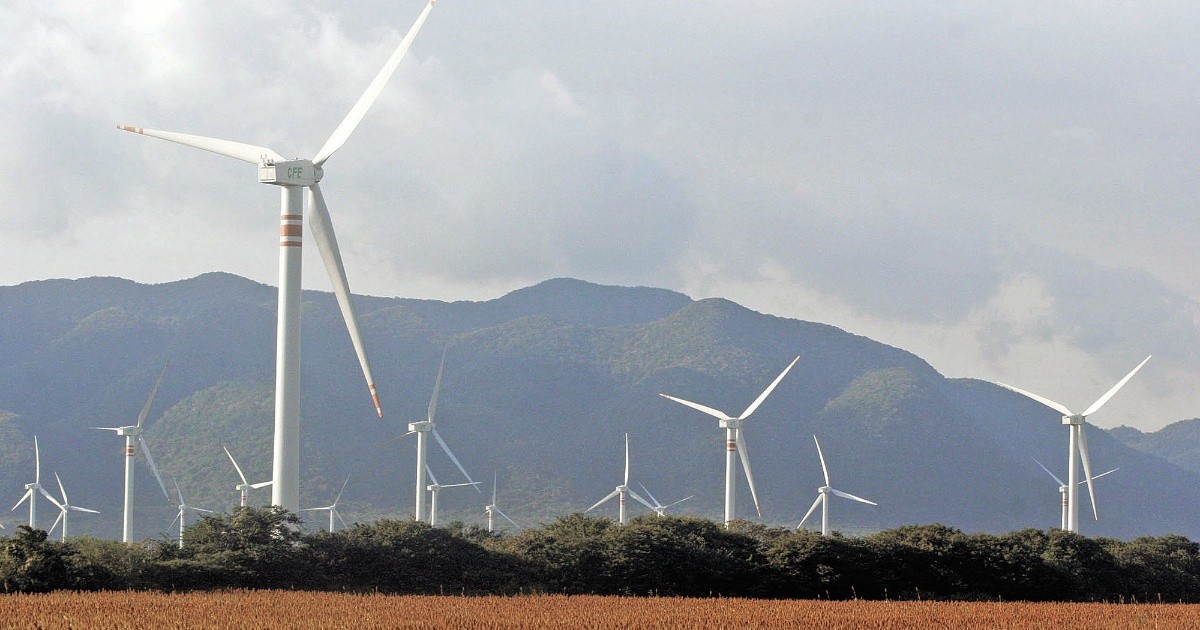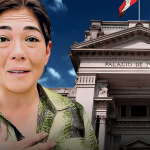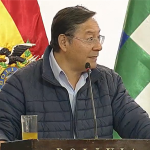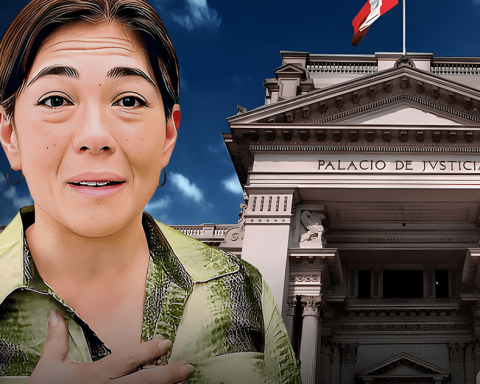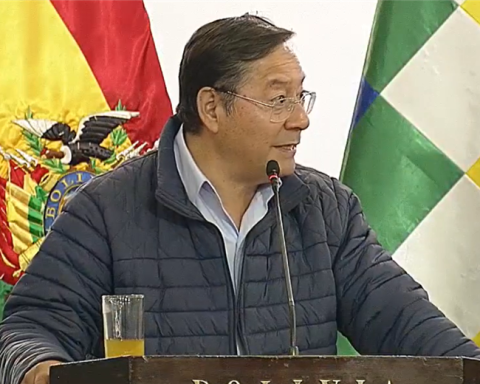Mexico is prone to dispute settlement panel requests in addition to those of the United States and Canada over certain energy policies, BBVA assessed.
This Wednesday, the United States and Canada began the process to raise a dispute resolution panel against Mexico within the framework of the Treaty between Mexico, the United States and Canada (T-MEC), arguing discriminatory policies in favor of Pemex and the Federal Commission of Electricity (CFE).
This news is not a surprise given the numerous attempts by the Mexican government to roll back the 2013 energy reform and limit foreign and private investment in general in the sector,” BBVA said in an analysis.
The request for consultation has initiated a process to resolve the conflict in good or bad terms.
“Although the Mexican government will have to reduce its attempts to undermine the rights of US energy companies, it is likely that other parties outside the USMCA will take similar actions, since Mexico has signed more than 40 investment treaties with countries such as the United Kingdom. Kingdom, China, Germany, France, Spain and Italy”, BBVA considered.
Only the European Union, a block with which Mexico has a free trade agreement – in the process of being updated – and which represents the second largest issuer of foreign direct investment received by the country, has invested around 20,000 in electricity, gas and water. million dollars between 1999 and 2021, a figure that represents almost 10% of the more than 200,000 million FDIs sent to Mexico between 1999 and 2021
In BBVA’s opinion, local markets could be affected in the very short term. The uncertainty during the consultation period and the probability of contagion to other investment treaties will probably weigh negatively on the Mexican peso.
“The currency has recently outperformed its peers due to its carry appeal, relatively stable fundamentals and less political noise compared to other emerging markets. These circumstances would no longer be an anchor, at least in a first reaction”, said BBVA.
Nor does the bank rule out a higher implicit risk premium at the long end of the local curves.
“Beyond this, both the Mexican peso and local curves will likely continue to shift in tandem with global risk sentiment and Fed expectations. The Mexican peso carry will remain attractive as the Bank of Mexico will keep the current rate differential between the US dollar and the Mexican peso unchanged. Therefore, we expect the reaction to be short-lived,” he added.
Another aspect highlighted by the bank is that possible restrictions or tariffs would curb the use of natural gas in Mexico, which generates about 60% of electricity.
President López Obrador has highlighted the importance of the energy transition and the need to build solar plants on the border with the United States to export energy.
In this sense, US companies plan to invest in Mexico around 40,000 million dollars between 2022 and 2024, focusing largely on pipelines, liquefaction plants and crude oil extraction, among others.
However, according to BBVA, Mexico’s decision to increase gasoline production capacity and Pemex’s acquisition of 50.5% of the shares it did not own in the Deer Park refinery in Texas have reduced interest from investors. private in the sector.
ICC calls for seriousness
Meanwhile, the International Chamber of Commerce Mexico (ICC) demanded that President Andrés Manuel López take “seriously” the consultation process on energy matters presented by the governments of the United States and Canada, since maintaining energy dirty and expensive is a disincentive for the investments that are required to generate jobs.
Once the Chief Executive minimized the request for consultations to review the energy policy in Mexico, since it is discriminatory against private parties, the international organization fought for the Mexican government to maintain the political will to be able to resolve these irregularities through dialogue.
“This is a moment of opportunity for our country to continue receiving foreign investment as it has been consolidating in recent months, a phenomenon caused by the current issue of the relationship between the United States and China, the value chains affected by Covid, the microprocessor crisis and our enviable geographical position to make nearshoring effective, among other circumstances”, considered the ICC Mexico.
AMIA: lack of clean energy
For its part, the Mexican Association of the Automotive Industry (AMIA), which represents light car manufacturing companies in Mexico, spoke out because compliance with the T-MEC is “enforced” to enjoy clean and sufficient energy to compete.
“The automotive sector requires sufficient renewable energy at competitive prices to stay ahead of the curve,” established the private organization.
The automotive industry has international environmental commitments, so it is of the utmost importance to ensure clean energy, to avoid penalties for manufacturing due to the carbon footprint.
By 2030, there is a commitment that Mexico will produce at least half of its total manufacturing of electric and hybrid units, but this requires moving to a green energy policy.
